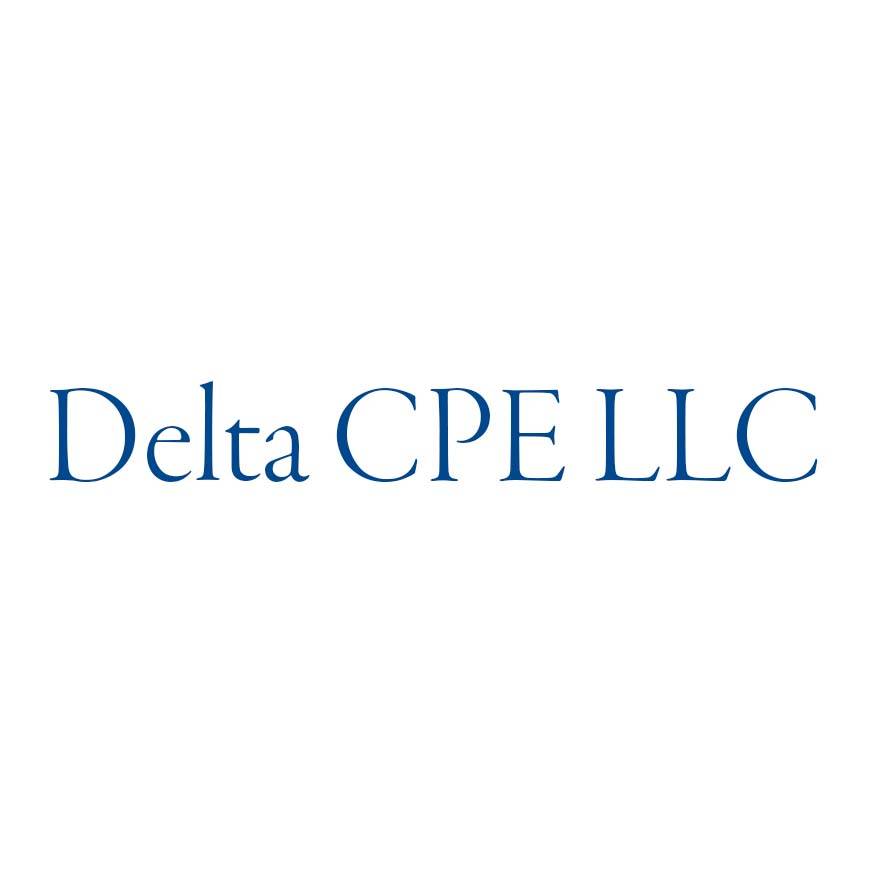Self-Study
Project Management: A Financial Perspective
Manage projects following the PMI's PMBOK framework.

$261.00 – $291.00
Webcasts are available for viewing Monday – Saturday, 8am – 8pm ET.
Without FlexCast, you must start with enough time to finish. (1 Hr/Credit)
Please fill out the form below and we will reach out as soon as possible.
CPE Credits
9 Credits: Management Services
Course Level
Overview
Format
Self-Study
Course Description
Project Management: A Financial Perspective is designed to provide you with a deep understanding of the applications and importance of Project Management. You will learn how to assess a project with respect to time, costs, and resources in order to effectively and efficiently reach your goals. You will become familiar with the five processes involved in Project management – Initiating, Planning, Executing, Controlling, and Closing on time and within budget– Project Integration, Project Scope, Project Time, Project Cost, Project Quality, Project Human Resources, Project Communications, Project Risk Management, and Project Procurement – that are essential to being an expert Project Manager. This project management course follows for the most part the framework within the Project Management Institute’s Project Management Body of Knowledge (PMBOK). The material, however, places a financial focus on projects as a way to accomplish desired changes in the enterprise in a coordinated and predictable way for favorable outcomes. Topics covered in this project management course include economic feasibility study, life-cycle costing, target costing, and earned value analysis. Through better project management, you can reduce or eliminate failed projects and reduce the costs associated with successful ones, increasing enterprise effectiveness in providing the maximum value to shareholders.
Learning Objectives
Upon completion of this course, participants will be able to:
•Recognize what project management is and the steps involved in managing a project.
•Define what the PMI is and what they do.
•Identify attributes of an effective project manager and project teams.
•Recognize key components of planning and controlling a project, such as responsibilities, schedules, and performance.
•Identify the purpose of project scorecard metrics.
•Recognize the relationship between project phases and project life cycle.
•Identify the documents and roadmaps used during a project.
•Understand when stakeholders have the greatest influence on a project.
•Recognize key aspects of the work breakdown structure (WBS) for planning a project.
•Identify key terms and tools used in project scheduling.
•Recognize the PERT/COST and the Critical Path Method (CPM).
•Recognize the concept of crashing.
•Recognize the characteristics of a project control system
•Identify what the project reviews should do.
•Recognize budgeting aspects of the project management process
•Calculate variances using the earned value analysis.
•Recognize how project costs can be analyzed using EVA.
•Recognize where major project costs occur and why a life-cycle costing approach is appropriate for project costing.
•Identify the target costing process for a new product.
•Identify types of capital budgeting decisions.
•Recognize several techniques for evaluating projects.
•Recognize how the time value of money affects project costs.
•Identify the effect of Modified Accelerated Cost Recovery System (MACRS) on capital budgeting decisions.
•Identify the goal of project risk management.
•Recognize some risk analysis tools for project management.
•Recognize key documents and reports used in project management communications.
Course Specifics
6201300
December 7, 2022
There are no prerequisites.
None
Compliance Information
CMA Notice: Western CPE makes every attempt to maintain our CMA CPE library, to ensure a course meets your continuing education requirements please visit Insitute of Management Accountants (IMA)
CFP Notice: Not all courses that qualify for CFP® credit are registered by Western CPE. If a course does not have a CFP registration number in the compliance section, the continuing education will need to be individually reported with the CFP Board. For more information on the reporting process, required documentation, processing fee, etc., contact the CFP Board. CFP Professionals must take each course in it’s entirety, the CFP Board DOES NOT accept partial credits for courses.
Meet The Experts

For many years, Delta CPE LLC has offered a wide variety of continuing education courses for financial professionals. Topics covered by Delta’s courses include accounting, financial management, budgeting, investments, financial statement reporting, business management, IFRS, ethics, valuations, real estate, and business writing. The diversity and breadth of Delta’s course offerings make the company a prolific and unique contributor to the CPE world. Delta’s well-credentialed authors and contributors have also been published in numerous academic and professional journals and quoted by some of the leading financial media outlets.
Related Courses
-
 Management Services
Management Services
The Balanced Scorecard: Strategic-Based Control
Delta CPE LLC QAS Self-Study
Credits: 2 $58.00
QAS Self-Study
Credits: 2 $58.00$58.00 – $78.00
-
 Management Services
Management Services
101 Financial Solutions: Diagnosis and Remedy
Delta CPE LLC QAS Self-Study
Credits: 10 $290.00
QAS Self-Study
Credits: 10 $290.00$290.00 – $320.00
-
 Management Services
Management Services
Marketing: Mastering the Process
Delta CPE LLC QAS Self-Study
Credits: 10 $290.00
QAS Self-Study
Credits: 10 $290.00$290.00 – $320.00
